The What and Why of Self-directed Learning-1
Podcast Transcript
In March 2013, Amol Bhave a 17 year old student from Jabalpur, a small city in India, got admission into MIT because of his stellar performance on edX – MIT’s Massive Open Online Course or MOOC. Amol scored 97% in the free online course on Circuits and Electronics and then created his own course integrating videos, a grading platform and a syllabus – all of these inspired by the MOOC he had done on edX. This impressed Anant Agarwal, the CEO of edX who wrote a recommendation letter, which then got Amol a place at MIT. Amol is a great example of a self-directed learner who made the most of what technology-facilitated education has to offer today.
In contrast, we begin this learning module with fictitious Jiah’s story. The year is 2020. Jiah has just completed her radiology training and joined a hospital. Within just a few months of joining she learns that the hospital is getting an automated imaging and diagnostics system that might imply Jiah losing her job.
Even though Jiah has done a four year long knowledge intensive course, she losing her job to a computer is a very likely scenario because it is a reality today that any job that can be automated will be done better by machines and any task that can be reduced to an algorithm will be better done by computers. So what skills, competencies and dispositions will make you shine in the future?
Our story continues and we bring Jiah back to the present. The year is 2014 and Jiah is a 11th class student. She now understands that in the 19th and 20th century stockpiling knowledge in a domain, by getting a university degree usually ensured lifelong employability. But with knowledge exploding in almost every field, a University degree today at most ensures you your first job.
Jiah realises how the future is complex and uncertain. One skill she will definitely need, if she is to thrive in such a future, is the ability to self-direct her learning.
Flip through the slides below, watch a fascinating video ‘Humans Need Not Apply’, post your questions and observations in the comments section at the bottom of the page, or head to the Forum for deeper reflection.
Happy learning.
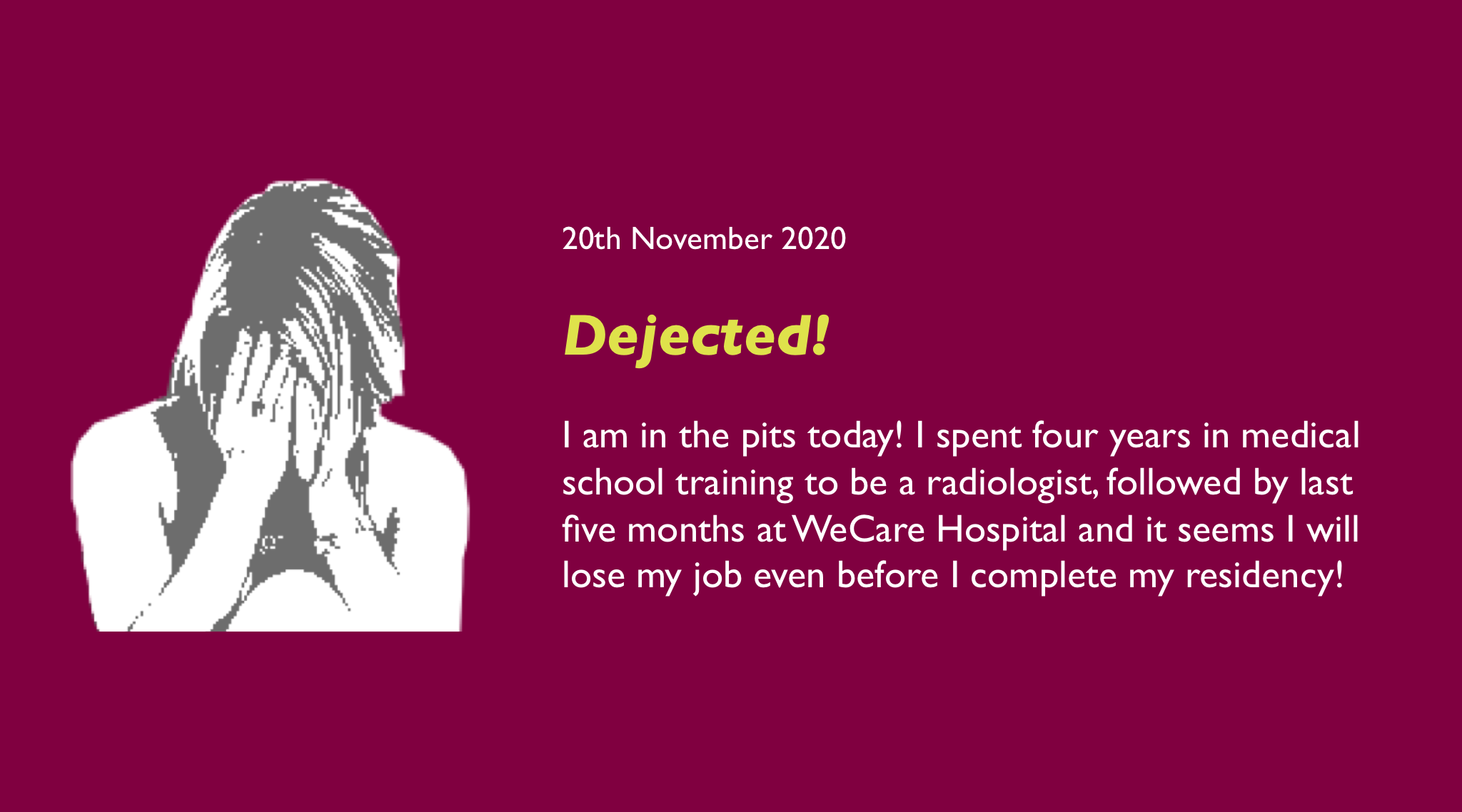
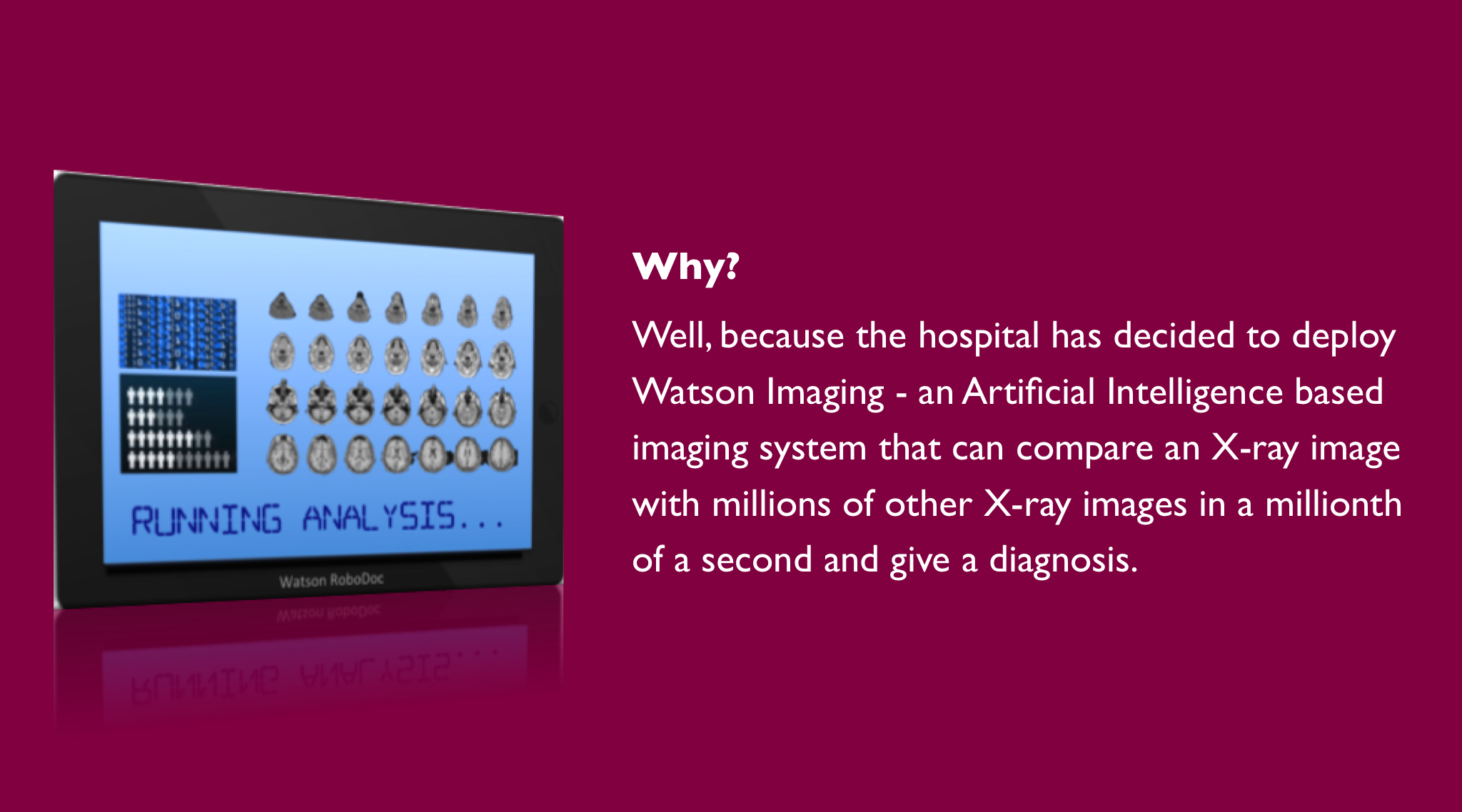

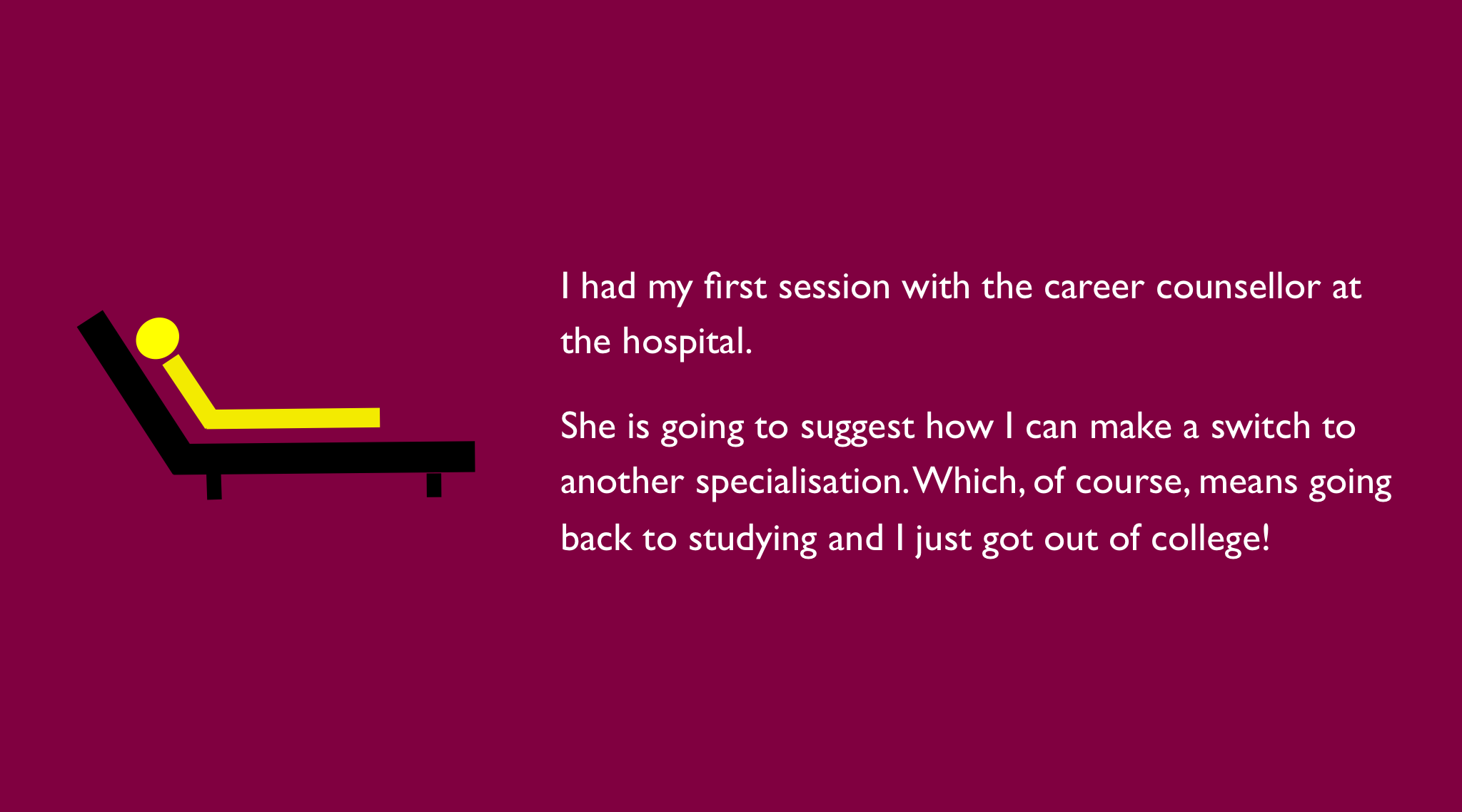
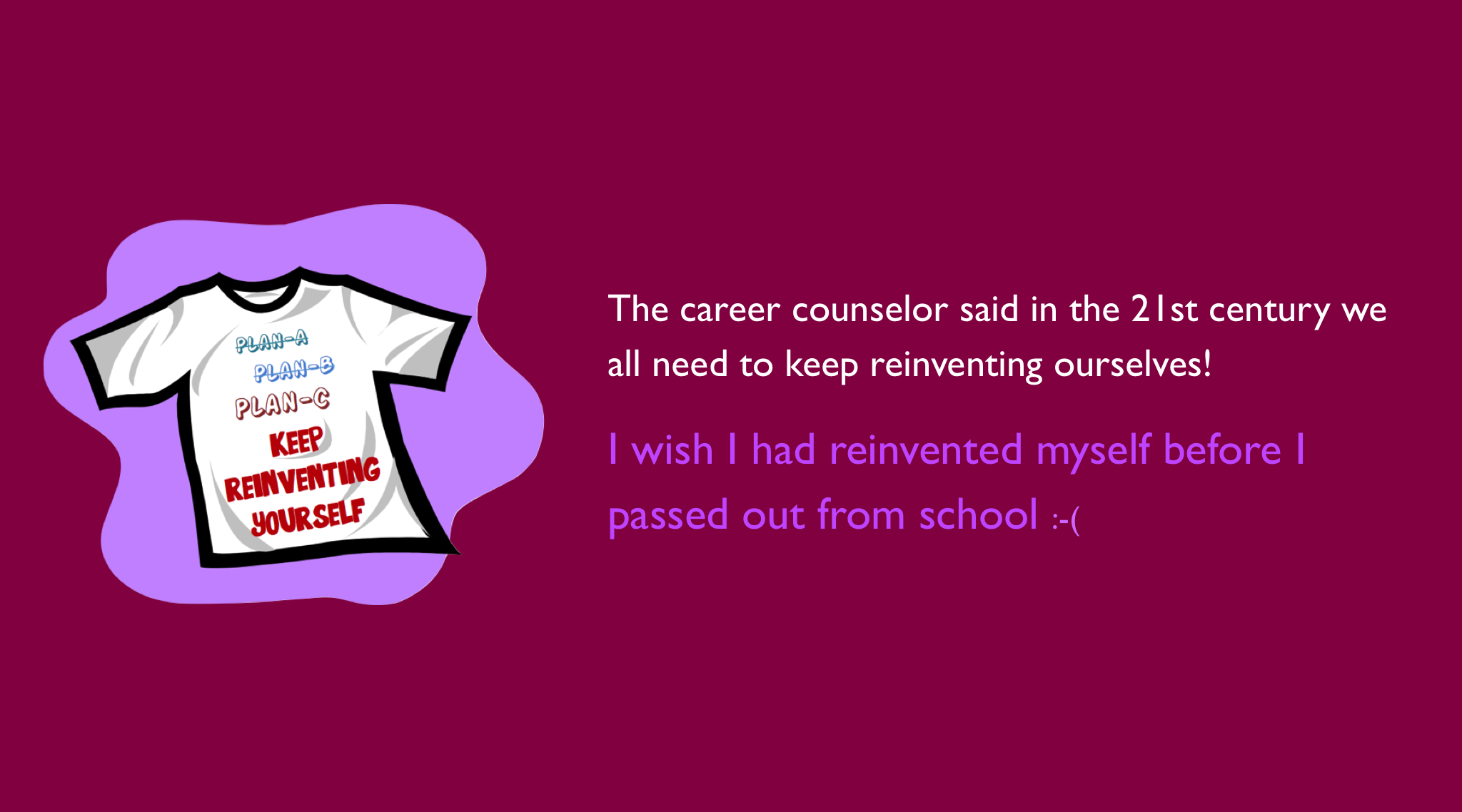
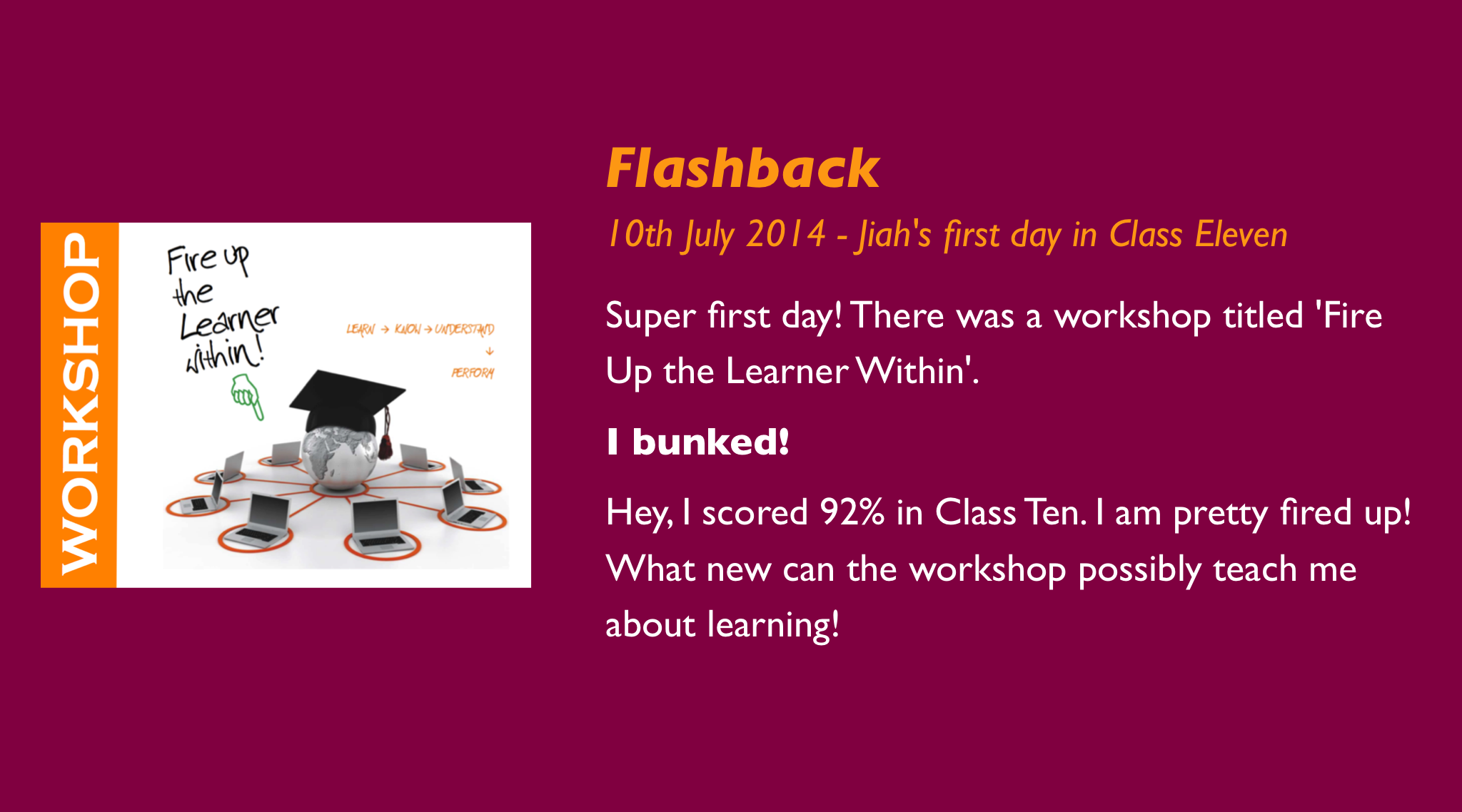
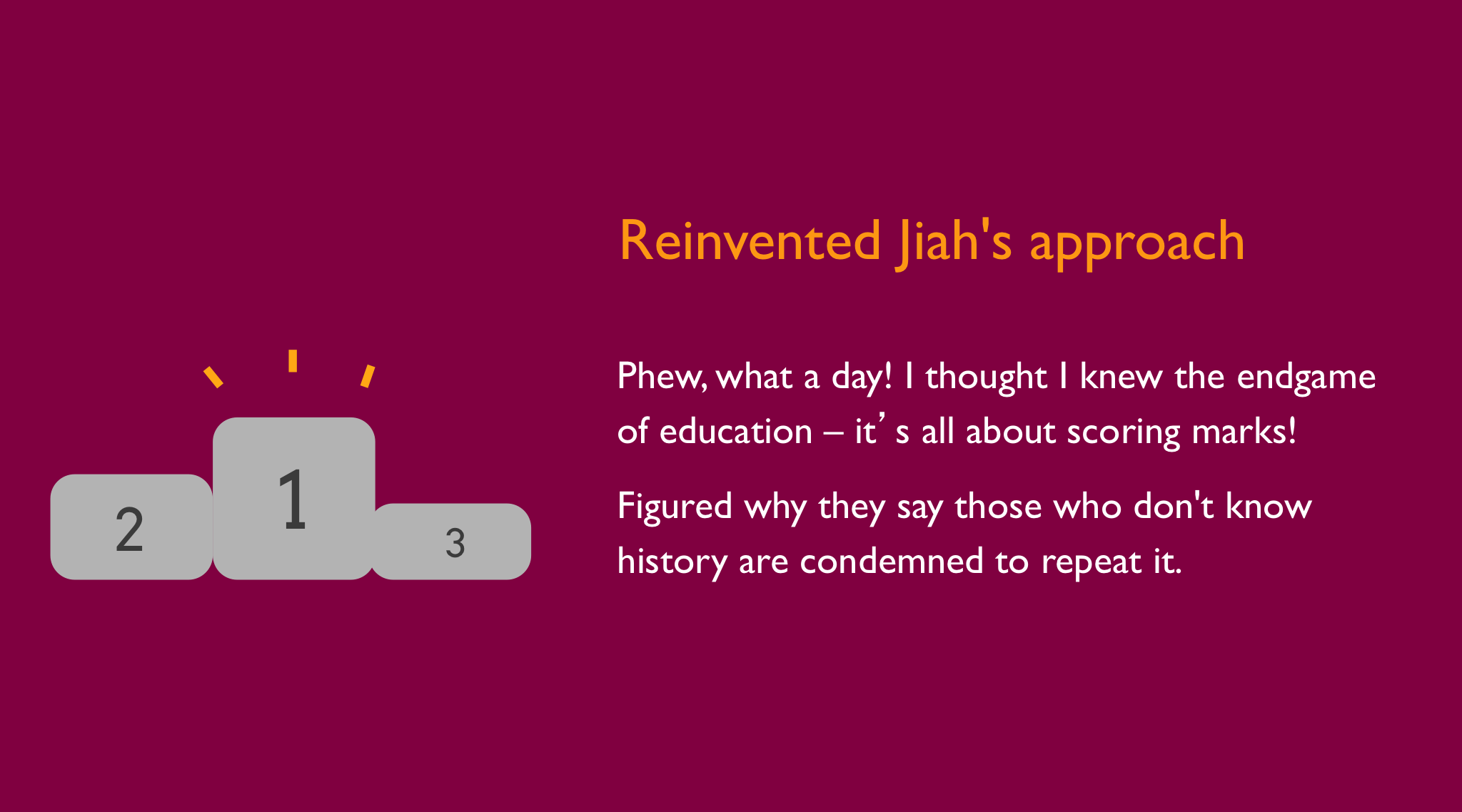
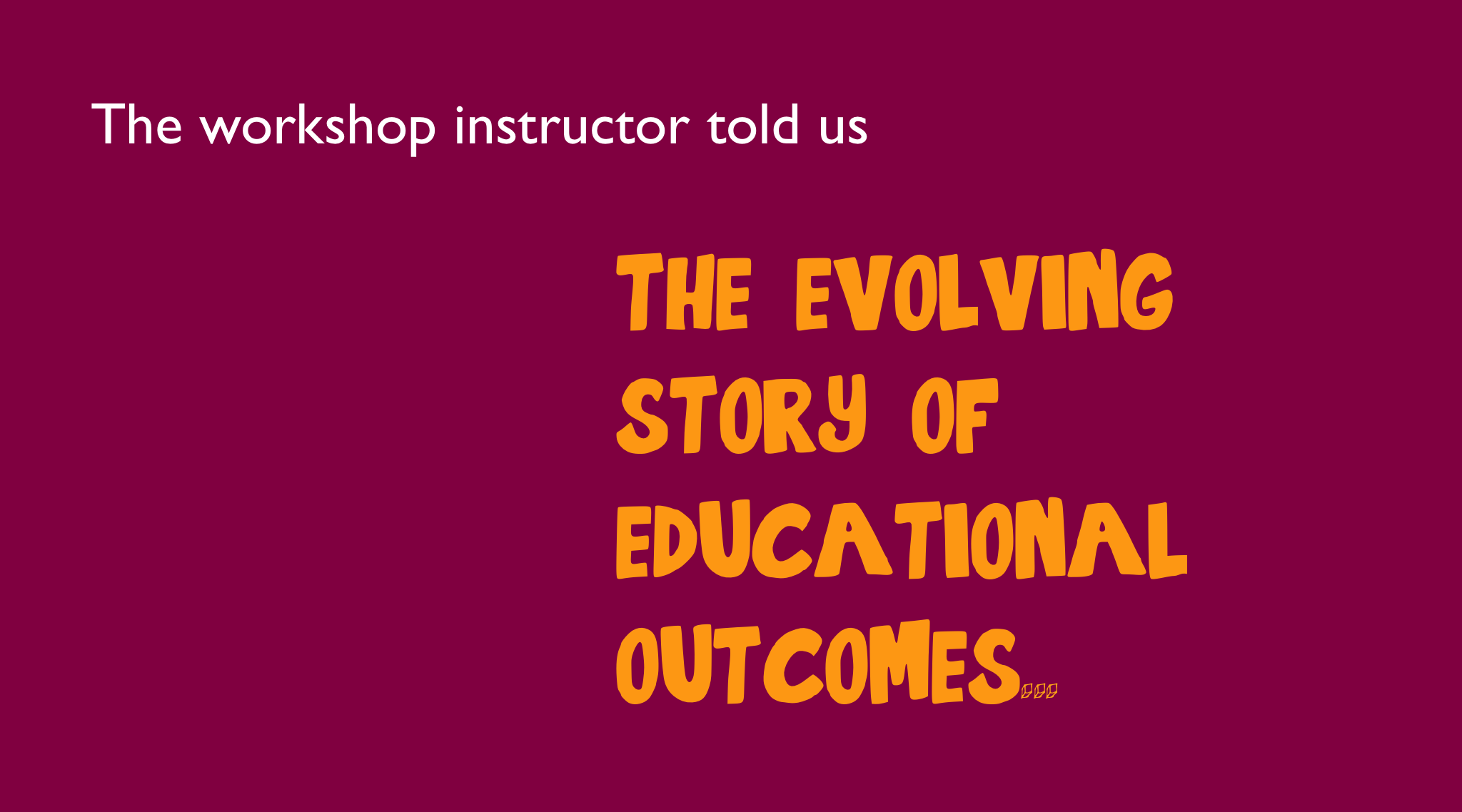
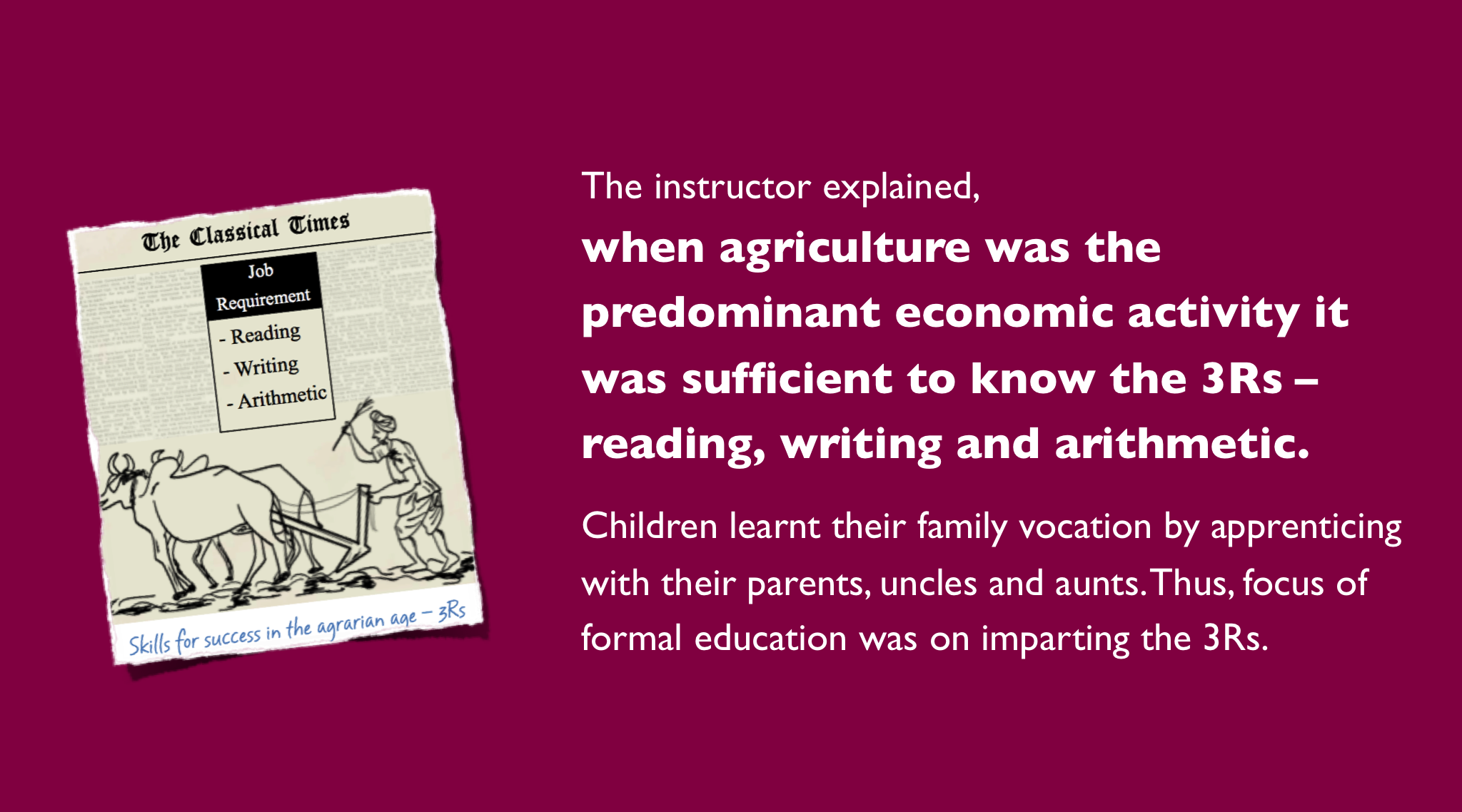













“My generation had it easy. We got to “find” a job. But, more than ever, our kids will have to “invent” a job… Young people who are intrinsically motivated — curious, persistent, and willing to take risks — will learn new knowledge and skills continuously. They will be able to find new opportunities or create their own — a disposition that will be increasingly important as many traditional careers disappear.”
NYT columnist Tom Friedman in conversation with Harvard education specialist, Tony Wagner: “Need a Job? Invent It” http://www.nytimes.com/2013/03/31/opinion/sunday/friedman-need-a-job-invent-it.html?_r=0
More on the issue : http://wap.business-standard.com/article/pti-stories/50-of-occupations-today-will-no-longer-exist-in-2025-report-114110701279_1.html
It is a truly dynamic world that we are living in. Things
are changing so much faster than we can even imagine. So, unless we are open to
learning every possible skill at every possible opportunity, we shall become
redundant to the active workforce. History tells us that the greatest achievers
have been only the people who dared to venture ahead of their times taking
risks and were ready to learn and adapt. So, learning or developing new skills
is to be considered as vital as the inevitable process of adaptation and
evolution
Peter Drucker rightly says that trying to predict the future is like trying to drive down a hill with no headlights and looking out through the back window. Schools have the onus of guiding children to be self-directed learners and must cultivate in them a knack for learning and an ability to adapt to unknown situations. It will require a paradigm shift in the process of learning in schools.
Amen!
Indeed Neeti, it has become imperative today that we learn to learn, unlearn and relearn, all life long. Ability to adapt and manage risk are also important skills we need to flourish in today’s world.
Reid Hoffman, the founder of LinkedIn has written an interesting book that discusses these issues. The book is titled, “The Start Up of You”. You can know more about the book here – http://www.thestartupofyou.com
the things are changing very fast therefore as an educator we need to make our future generation to foresee the future and to learn new things.
Yes, we need to not only see how technology is changing the world but we also need to think about what Viktor Frankl said – Today, we have the means but no meaning. As educators we need to consider what leads to meaning, purpose, longterm wellbeing and joyful living.